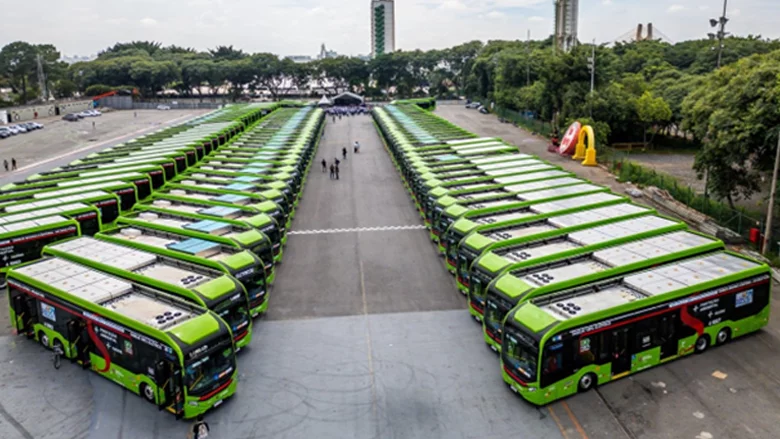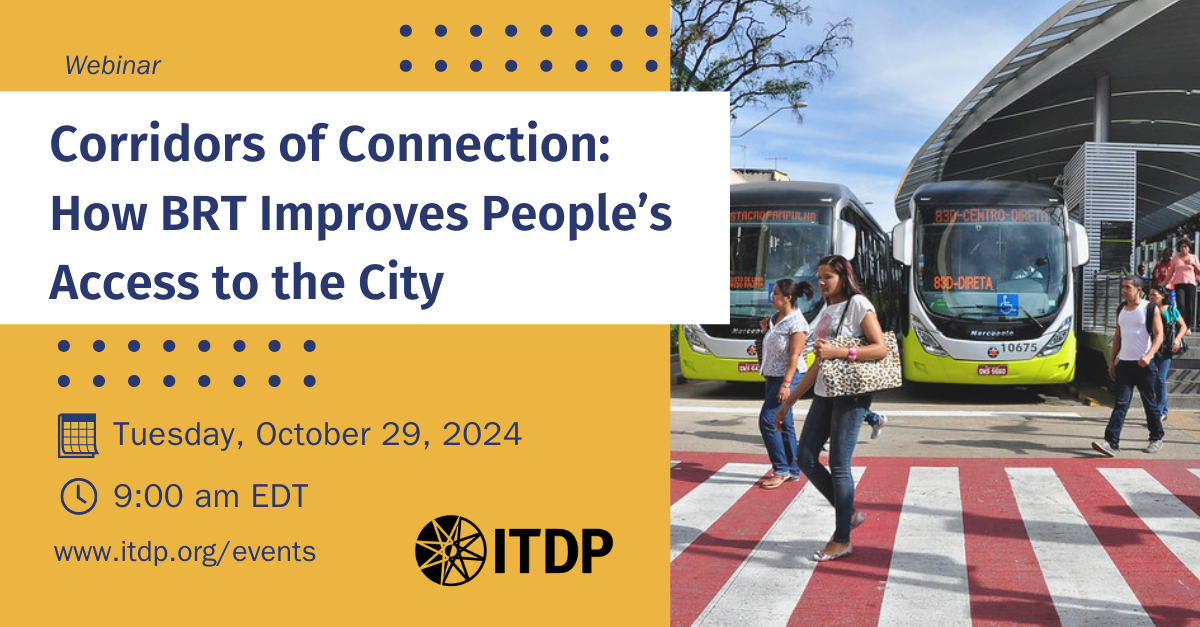Opinion Pieces: since 2007, Prof. David Hensher has written an opinion column in the Australasian Bus and Coach magazine, where he monthly discusses a lot of different transport-related hot topics. In this section we are revisiting these columns.
November 2009
Legally binding Commercial Arms-Length Contracts will work better if there is greater trust in the partnership between operator and regulator
The 11th International Conference on Competition and Ownership in Land Passenger Transport (Thredbo 11) was held in Delft, The Netherlands in late September (2009). A number of bus operators, consultants and regulators from Australia attended (including all the Executive Directors of the Bus and Coach Associations in New South Wales [NSW], Queensland and Victoria and the President of BIC). Over 4 days we discussed and debated developments in reform agendas throughout the world as well as updating experience with contract systems already in place. A number of very useful experiences and recommendations were tabled. Some of the most pertinent ideas and actions around the world that should be shared with Australia are summarized below. As NSW in particular begins its next round of contract negotiations in the next 12 months, it is timely to reflect on what we have learnt.
In terms of the experiences with the NSW contracts, research undertaken by the author has identified a very low degree of contract clarity in respect of ‘incentives to improve performance and grow patronage’, ‘contract renewal procedures’, and ‘ad hoc claims’. There was however a high level of contract clarity on ‘maintenance of accreditation currency’, ‘obligations regarding bus maintenance with the contract’, ‘agreements and obligations in respect of rights of operators in adjacent locations in joint service provision (integrated networks)’, and ‘payment procedures’. We also investigated how successful the bus operation has been under the contract in addressing (or resolving) issues that have arisen during this first contract period. We found that the most successful issues that have been resolved through communication are ‘contract renewal procedures’, ‘maintenance of accreditation currency’, ‘contract end procedures’, and ‘adherence to contract matrix’. The issues where success has been perceived as quite ineffective have been ‘depot upgrades and expansion’, ‘change events’, and ‘incentives to improve performance and grow patronage’. This evidence should be taken into account in the next round of negotiations. Overlaying all this evidence was a finding that where operators reported a higher level of trust between themselves and the regulator, there was greater communication and quicker resolution of issues, saving money and time.
Looking to other countries we find that:
1. Building and using Trust is not a vacuous construct but one with pre-conditions: Stakeholder Competence, Confidence, Consistency, Commitment, Common core objectives (The 5 C’s), Contract Clarity (before signing the contract), and Clarity of obligations once the contract is signed.
2. Evidence suggests that the greatest challenge in terms of ambiguity after a contract is signed is on the demand side with Service planning, Network design, and Marketing.
3. There is growing support for Gross Cost Contracts (GCC) which include strong and effective incentives and profit and loss sharing, mindful of budget constraints of Treasury. An example in Holland is Gross cost plus BIG incentives, with bonuses based on Satisfaction of passenger, Satisfaction of authority (with operator), and Growth in patronage. There is a shared benefit (25%) of extra passenger revenue, and a maximum bonus of 1 million Euros p.a. (approx 4-5% of turnover). There is also a recognition of a sensible budget constraint (crucial issue often neglected – which helps Treasury).
4. In Holland however, there is a strong interest in revenue-based contracts with budget subsidy incentives, although it is too early to decide their effectiveness.
5. Net cost contracts have come under criticism in Europe. The problem for the authority is managing evidence on revenue, and operators not reinvesting super profits back. As well, operators often have little or no risk over fares, network and actual potential market.
6. Up-skilling of all stakeholders but especially regulator/PT authority is crucial in building trust.
Finally a crucial challenge that regulators should recognise and advise on is ‘how much of patronage growth can be attributed to the specific contract design, and how much is due to other factors?’
Food for thought
¿Comments? ¿Opinions? ¿Similar News? Send them to us!





